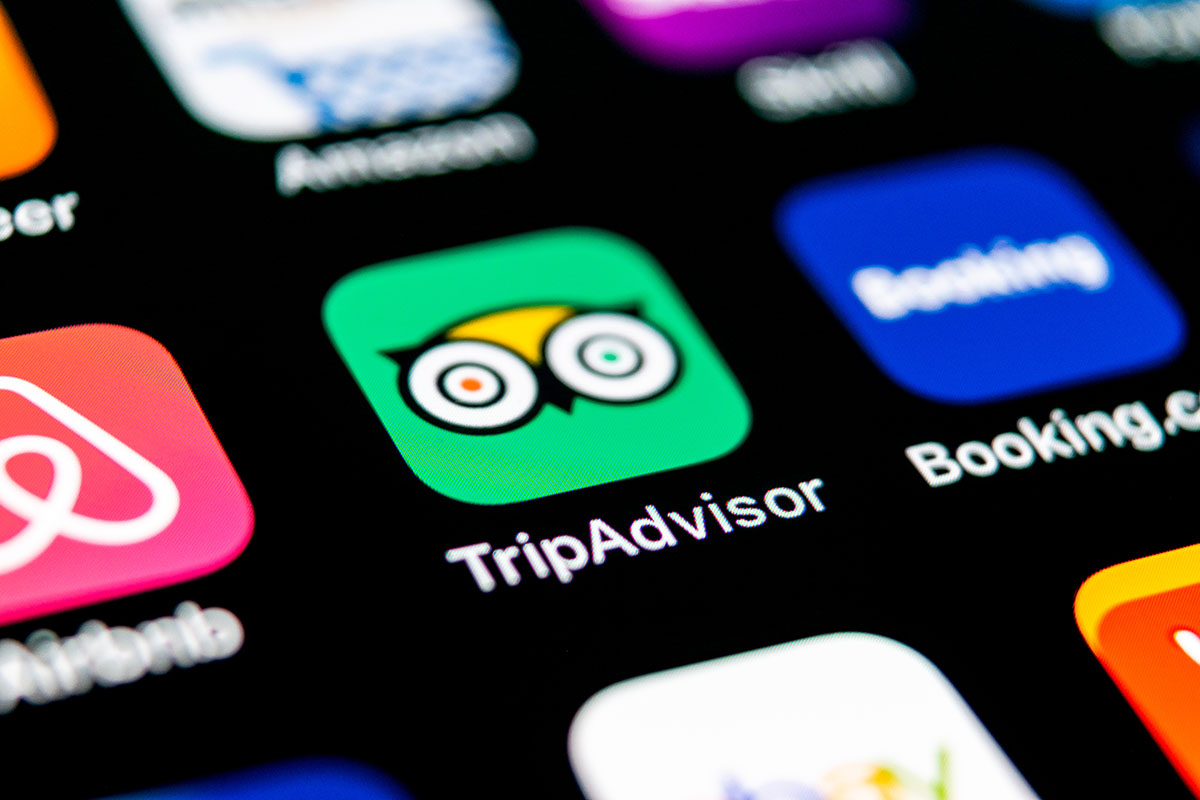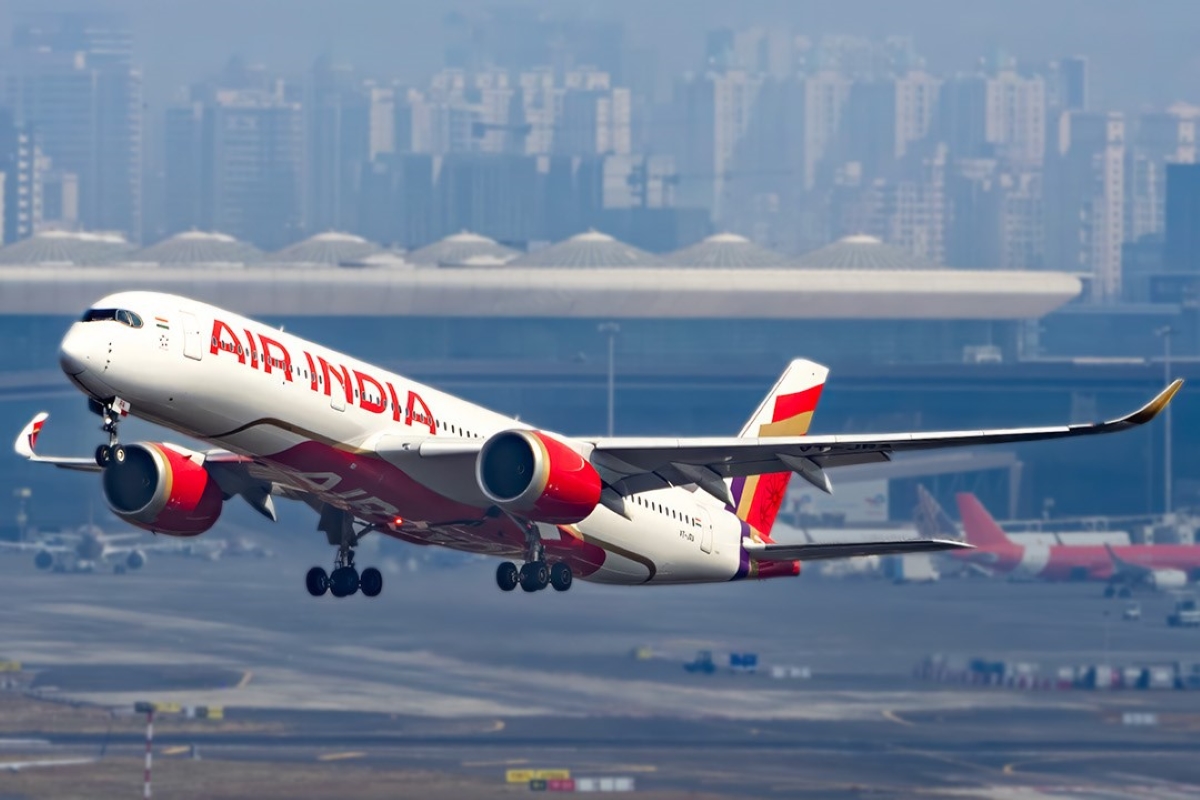Let’s Not Get Carried Away With New Airport Security Procedures
Skift Take
We were captivated last week when an Alaska Air Group employee stole an airplane, flew it over Seattle as fighter jets followed, and crashed it into a sparsely populated island.
It had all the aspects we want in a news story. It was rare and sensational, and because the pilot had been talking with air traffic controllers, television news had audio to play, over and over again.
Since then, news organizations have asked how this could happen, and whether airports will increase screening measures.
They are worthy questions, but this incident, while scary, is probably a fluke. And even if it isn’t, there’s probably not much airport officials can do to stop a copycat effort. As the Seattle Times reported this week, roughly 13,000 people have access to aircraft on the ramp, and not all can be policed at every moment. It might be futile to even try.
Passengers want to think airports are 100 percent safe, but we know that’s not true. Life is about managing risks, and that’s as true at airports as at sports stadiums or shopping malls. Airports could institute harsh security measures, but they’d likely annoy everyone, and they probably wouldn’t work. It is difficult, if not impossible, to try to determine when an otherwise reliable employee might crack.
What do you think? Can we just call this a fluke and move on?
— Brian Sumers, Aviation Business Editor [[email protected], @briansumers]
Stories of the Week
Don’t Expect Greater Airport Security After Alaska Air Crash: After a tragedy occurs at an airport, the public is often shocked. Travelers tend to think that airports are so secure that nothing bad can ever happen. It’s not true. We need to accept it, just like we understand that we’re not fully secure anywhere we go. It’s part of life in America.
Copa Airlines’ Rebound May Depend on a Latin American Turnaround: We know Latin America’s most important economies will turn around at some point, and some airlines will be well positioned to capitalize. We just don’t know when. Last week, Copa Airlines warned analysts that business has not been as strong as expected because of woes in Brazil and Argentina.
Customers Cram Carry-Ons as U.S. Airlines Look the Other Way: Airlines are relentless about reducing weight on aircraft to save on fuel bills. That’s part of the reason they charge extra to passengers who check bags heavier than 50 pounds. But U.S. airlines don’t weigh carry-ons, so as long as travelers satisfy bag size requirements, they can carry on anything they want. Why does this loophole exist? Skift freelancer Micheline Maynard explains.
U.S. Airlines Report Sky-High Profit From Frequent Flyer Programs: Most travelers don’t realize it, but the loyalty schemes operated by major carriers are wildly profitable. Carriers are racking up big margins selling miles and points to credit card companies for as much as 1.5 cents per point. The banks give the points to consumers as a reward for spending, and consumers redeem them, often for airline seats that would have gone unsold, or would have sold at low fares.
Video: Why Travelers Don’t Trust Airlines on Personalization: Airline executives love to talk about how personalization will revolutionize their businesses. But the average traveler isn’t much interested in receiving bespoke offers from carriers, Decius Valmorbida, president of travel channels for Amadeus, said in June at Skift Tech Forum in Silicon Valley. “They’re really after speed,” Valmorbida said. “They’re saying, ‘how can I have instant?’”
Singapore Air Wins World Airlines Awards as Delta, American, and United Fall Behind: Earlier this month I was interviewed by a Forbes contributor who wanted to know why U.S. airlines don’t do well in the annual Skytrax rankings of the world’s best airlines. Putting aside the suspect nature of the ratings — Is Lufthansa, a fine airline, really a five-star carrier? — I explained it’s nearly impossible for airlines like United, Delta, and American to compete on product with ANA or Emirates. U.S. carriers need to be all things to all people, unlike some foreign carriers, which can focus on luxury.
Airlines Step Up Vegan, Gluten-Free Meals as Travelers Get Really Picky About Airplane Food: Who says airlines don’t listen to passengers? According to Leslie Josephs, the airline industry reporter at CNBC, carriers are increasingly adding healthier foods. Customers say they want them. “Based on the number of requests we get, you’d think 50 percent of people are gluten-free or vegetarian,” an Alaska Airlines executive told her.
When Man Buns and Airlines Don’t Mix: Yes, this is a real story in The New York Times. Recently, a British Airways customer service agent claims he was fired for wearing a man bun, and Vanessa Friedman, chief fashion critic for the newspaper, used the incident as a peg to write a piece about airlines and their dress codes. “On the one hand, they revel in trumpeting designer collaborations in the name of modernity and making their employees look and feel as though they are part of the contemporary world,” she writes. “On the other, they are endlessly stepping on increasingly accepted forms of self-expression.”
Contact Me
Skift Aviation Business Editor Brian Sumers [[email protected]] curates the Skift Airline Innovation Report. Skift emails the newsletter every Wednesday. Have a story idea? Or a juicy news tip? Want to share a memo? Send him an email or tweet him.




